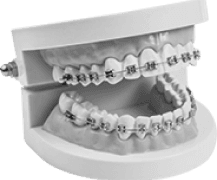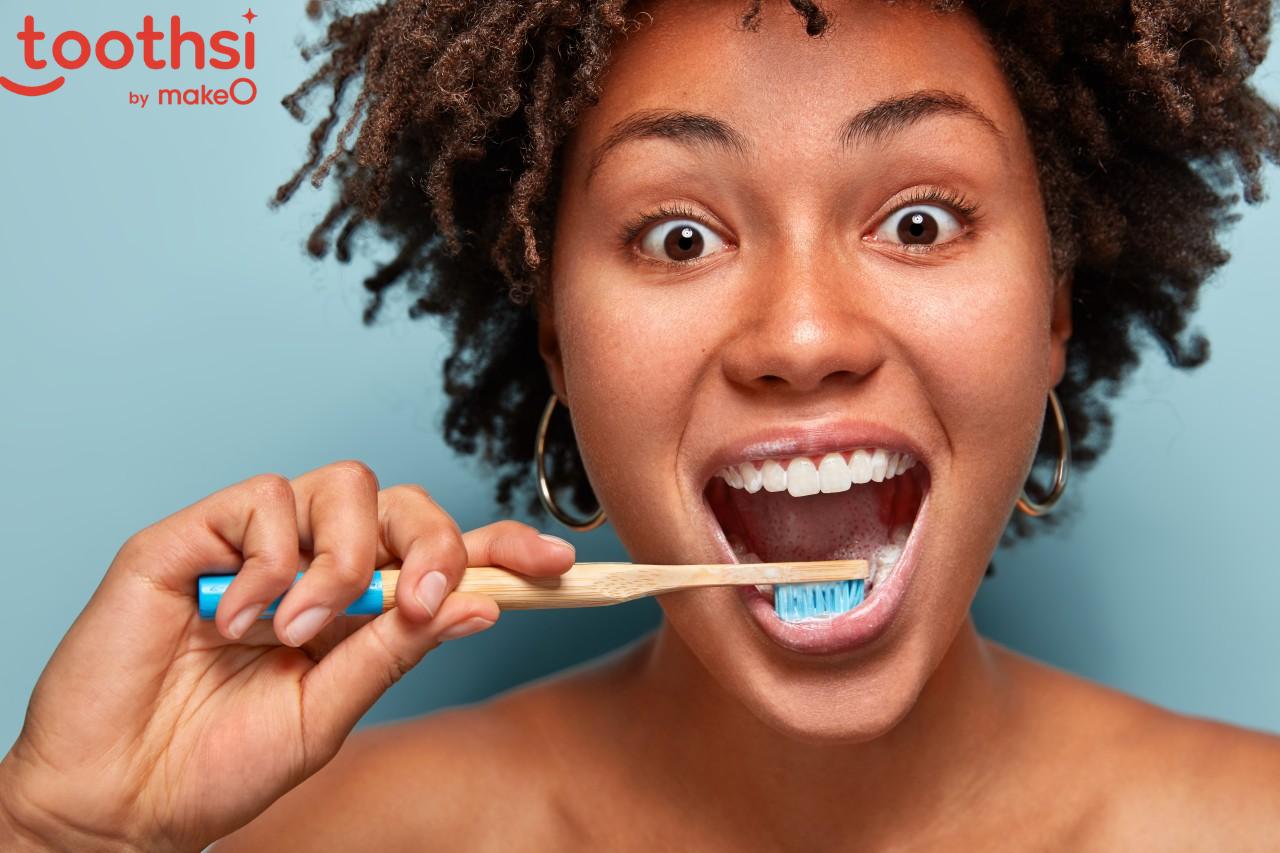MakeO blog
Did you know that about 4 billion people worldwide struggle with oral health problems? Taking care of your teeth is about more than just a bright smile—it is key to staying healthy. Poor oral hygiene can cause cavities, gum disease, and even serious issues like diabetes and heart problems. It can also make eating uncomfortable, affect how you speak, and lower your confidence.
Around 1 in 6 children and a similar number of teenagers and adults have untreated cavities, while many adults lose their teeth due to preventable issues. Healthy teeth let you enjoy your favourite foods, speak clearly, and feel confident, which all contribute to a happier life. But there is one thing to note, many people make small mistakes every day that harm their teeth. Brushing too hard, skipping dental flossing, or missing dental check-ups can lead to bigger problems over time.
In this blog, we will talk about common teeth-cleaning mistakes and how to fix them. By improving your daily habits, you can protect your teeth and keep your smile healthy for years to come!
Teeth Cleaning Mistakes
Proper teeth cleaning is essential for healthy teeth and gums, but certain habits can cause lasting damage. Here are some common mistakes to avoid:
Wrong Way of Brushing: Brushing too hard or in a horizontal direction or with excessive pressure can damage both the teeth and gums, leading to tooth sensitivity and gum irritation over time. Focusing too much on one area can also cause harm.
Using Hard Toothbrushes: Hard or old toothbrush bristles can damage the gums and wear down the teeth.
Brushing Too Often: Brushing your teeth too frequently, especially multiple times a day, can wear down the enamel and irritate the gums, leading to sensitivity.
Not Brushing Long Enough: Brushing for less than two minutes does not clean all areas of the teeth properly.
Brushing Only Once Daily: Cleaning your teeth just once a day increases the chances of cavities and gum problems.
Skipping Flossing: Not cleaning between teeth allows food and bacteria to stay, leading to decay and gum disease.
Eating After Brushing at Night: Eating after brushing, especially before bed, can cause damage to teeth because saliva flow is lower during sleep and the food particles can stay in your teeth and cause tooth decay.6
Using Harsh Cleaning Materials: Products like charcoal or tooth powders can scratch teeth and cause sensitivity. Similarly, using other cleaning tools like neem sticks or miswak (a twig used for brushing teeth) can harm the teeth and gums.
Letting Kids Brush Alone: Children need help brushing until they can clean their teeth properly by themselves.
Brushing One Spot Too Much: Focusing too much on one area can cause gum damage and tooth sensitivity.
Brushing Too Frequently or Too Aggressively: Brushing your teeth too often or with excessive force can erode enamel, irritate the gums, and lead to tooth sensitivity.
Avoiding these common mistakes allow you to maintain proper dental health and hygiene and help protect your teeth and gums.
How To Maintain Proper Oral Hygiene Habits
Maintaining good oral hygiene is a fundamental aspect of oral health and overall well-being, as it impacts a person’s ability to eat, speak, and breathe, while also influencing self-confidence and social interactions. By following these essential practices, you can effectively preserve the health of your teeth and gums and prevent future dental issues:
- Brushing Duration and Frequency
Dentists recommend brushing for at least two minutes, twice daily that is, once in the morning and once before bedtime. To make sure you have thoroughly cleaned your teeth, you can divide your mouth into four sides and brush for 30 seconds on each side.
- Choosing the Right Tools
You can use a toothbrush which has bristles that are soft and not hard, thus it does not cause harm or injury to your enamel and gums. Once you feel the bristles are becoming frayed, change to a new toothbrush, otherwise, you change it every 3-4 months. Choose a toothpaste which has fluoride toothpaste. Fluoride can strengthen your enamel and prevent dental caries. Fluoride’s ability to reduce decay and support enamel remineralization makes it an essential ingredient in oral care.
- Brushing Technique
Follow the proper technique of holding the toothbrush onto your gums in a 45-degree position and gently brush in circular motions by stroking the brush back and forth. Avoid side-to-side scrubbing to prevent gum damage. Consider using an electric toothbrush, which is often more effective at removing plaque.
- Cleaning the Tongue and Between Teeth (Flossing)
Bacteria and food particles can accumulate on the tongue, leading to bad breath and other issues. Clean your tongue daily for better oral health. You can floss or use interdental brushing to clean between teeth where toothbrushes cannot reach, ensuring no food particles or bacteria remain.
- Using Mouthwash and Caring for Dry Mouth
An antimicrobial or fluoride mouthwash can reduce bacteria and strengthen teeth. If you have a dry mouth, drink plenty of water, chew sugar-free gum, and avoid sugary drinks or alcohol. Thus, you can hydrate your mouth and prevent any caries.
By maintaining these habits, you can protect your teeth, gums, and overall oral health effectively.
Conclusion
Good oral health can keep your teeth and gums in good condition as well as improve your overall health. By avoiding common teeth-cleaning mistakes and ensuring proper oral health and hygiene practices like brushing gently, flossing, and using fluoride toothpaste, you can protect your teeth and gums from damage and decay. Remember to brush twice daily for two minutes, clean your tongue, and stay hydrated to maintain a healthy mouth. Small, consistent efforts in your daily routine can make a big difference in preventing oral health problems.
FAQs
1. Which toothpaste should I use?
You can go for toothpaste which has fluoride content. Fluoride is a chemical which makes your enamel stronger and does not allow cavities to form in your teeth. It can strengthen your enamel and prevent cavities. For specific concerns like sensitivity or whitening, consult your dentist for recommendations.
2. How often should I change my toothbrush?
You can change the toothbrush when the bristles start to wear out. Otherwise, it is recommended to change it every 3-4 months.
3. How do I clean my tongue?
You can use a tongue scraper to gently clean it or your toothbrush can also be used. Start from the back to the front to remove bacteria by scraping it off and remove any food particles as it can cause bad breath.
4. Can I eat after brushing?
It is best to avoid eating immediately after brushing, especially sugary or acidic foods, as this can interfere with the fluoride in your toothpaste and affect enamel.
5. At what age can kids brush their teeth by themselves?
Children can start brushing their teeth independently around age 6-7, but they still need supervision to ensure they are brushing correctly and thoroughly.
6. Can I use tooth powder or charcoal to clean my teeth?
Tooth powders and charcoal can be abrasive and may harm your teeth and gums if not used properly. It is better to use a fluoride toothpaste and a soft-bristled toothbrush for effective cleaning.
7. How can I make my teeth whiter and brighter?
Maintaining good oral hygiene and avoiding stain-causing foods and beverages are important for preventing teeth discolorations. Options such as professional teeth whitening treatments and over-the-counter teeth whitening kits are effective solutions for getting brighter teeth.
related categories
Related articles
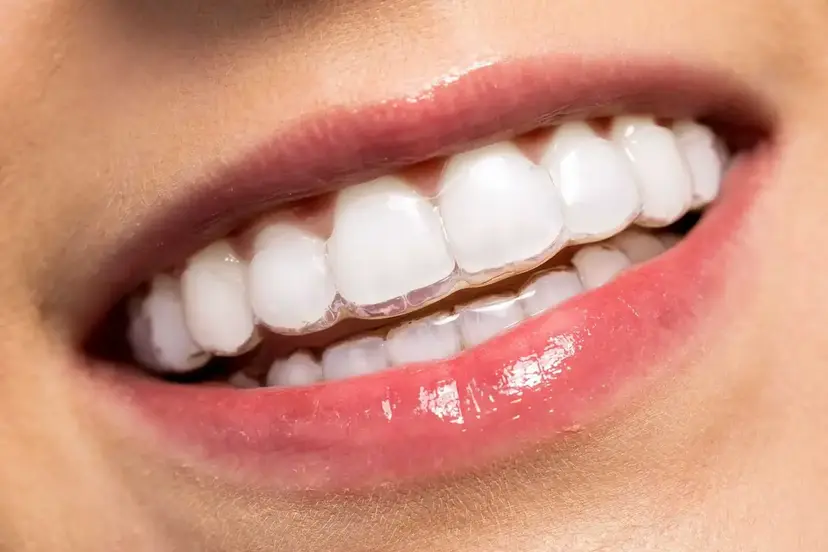
Types of Braces: Removable vs Fixed Braces, Which is Right For You?
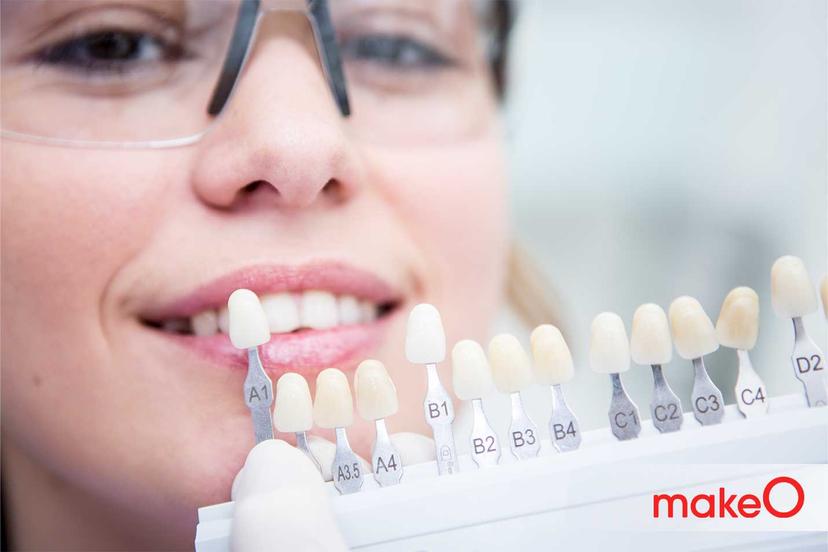
This Diwali, Smile Bright With makeO Teeth Whitening Kit
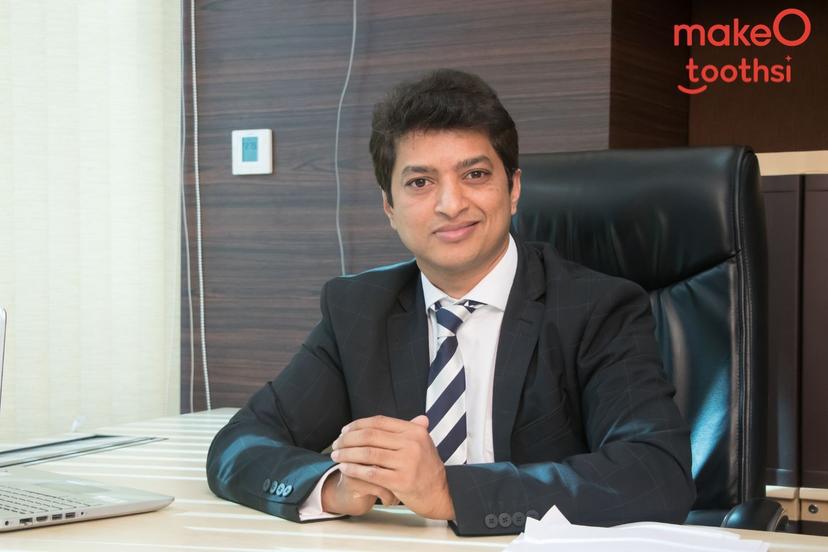
Dr. Pravin Shetty: Pioneer in Lingual Orthodontics & Innovative Smile Solutions
How do I Know I’m the Right Candidate for makeO toothsi Teeth Aligners?
